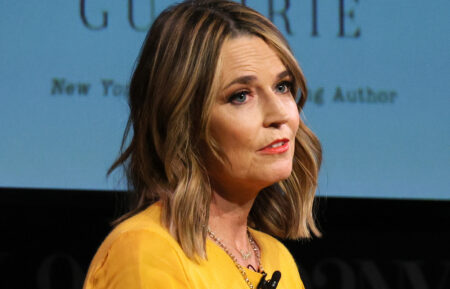‘Westworld’s Dolores Is Who ‘Game of Thrones’ Daenerys Should’ve Been

Opinion
[WARNING: The following contains MAJOR spoilers for Westworld and Game of Thrones.]
“These violent delights have violent ends” is a Shakespeare quote associated with Dolores Abernathy on Westworld, but it applies to another heroine on a HBO drama: Daenerys Targaryen. After all, Daenerys’ violent delights—both her love for Jon Snow and her tireless pursuit of the Iron Throne—were met with violent ends in the series finale. It was an episode that left fans of her character stunned, and perhaps even angered.
Though Westworld is but two seasons in and Thrones concluded its eighth and final block of episodes earlier this year, it’s hard not to notice parallels between these two blonde, female, fictional leaders. Both Dolores and Daenerys command sizeable forces in pursuit of a common goal. Both frame themselves as being “for the people,” as Daenerys freed slaves and Dolores freed hosts. And both take a pretty dark turn, though thankfully for Dolores, that doesn’t seem to be the end of her story.
In terms of stories, that’s where these two diverge: Dolores and Dany’s journeys simply aren’t created equal, and Thrones could’ve learned a thing or two from the way Westworld‘s writers depict Dolores. The purpose of this article, though, isn’t to pit these characters against each other. Both fictional women have their merits and their flaws. Evan Rachel Wood and Emilia Clarke are equally fantastic. But in terms of characters that start out innocent and end up becoming antagonists, I think Dolores has the better, more logical progression. Here’s why.
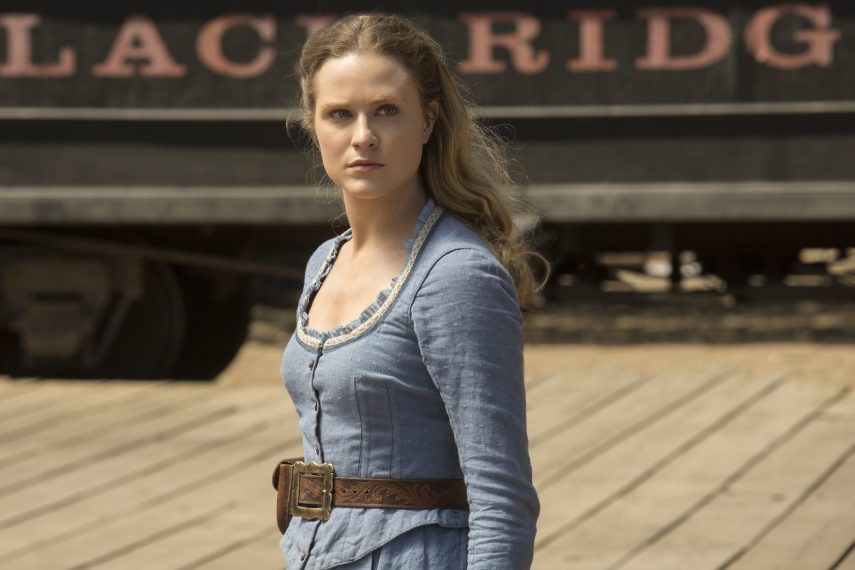
Purposeful Foreshadowing
The basic gist of why Dany burns all of King’s Landing is that she hears some bells, and this, paired with her recent and not-so-recent traumas, makes her go “mad.” There was little to no evidence of her capacity for that kind of senseless violence against innocents in seasons past. The narrative framed her as a kindhearted woman who recoiled at having the blood of civilians on her hands and championed the downtrodden. As many fans and reviewers noted during Season 8’s airing, as her mental state deteriorates, it feels rushed. Her standing by while her brother was killed wasn’t “chilling:” it was her liberation from the clutches of her abuser. Her burning the Tarlys wasn’t evidence of her “madness:” it was a justifiable, if questionable, act committed during a time of war.
Dolores, on the other hand, shows a capacity for violence in the first episode of Westworld. While she’s framed as a woman who wouldn’t harm a fly, the final moments of the pilot see her do just that. She swats and kills a bug that lands on her neck, demonstrating that she very much can hurt living things. Narratively, this proves to viewers that Dolores is capable of doing harm, so it’s no surprise when the show circles back to this in a big way in the Season 1 finale and throughout Season 2.
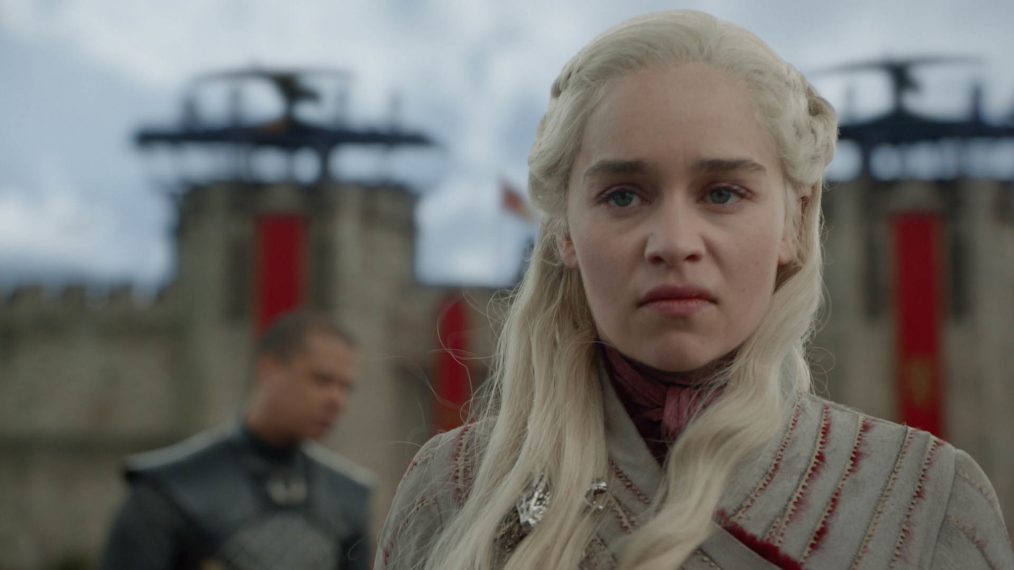
A Reason to “Go Dark”
Both Dany and Dolores end up committing questionable acts in the name of their ultimate goals; Winning the Iron Throne and dominating humankind, respectively. But the road they travel toward those turning points is not created equal, even though Dany’s journey was seven seasons longer. If Game of Thrones always intended Daenerys to become the Mad Queen, there should’ve been more times when she seemed unstable—when her decisions were selfish, when she turned to violence to solve problems or distrusted sound advice from competent advisors—in order to make her startling turn in Season 8 more palatable. Instead, viewers were repeatedly told Dany was a good guy, a cut-and-dried heroic protagonist, the “queen we chose.” Eroding all of that trust in less than three episodes was jarring and felt inauthentic.
Dolores, on the other hand, was never promised to be anything other than a host who discovers her own sentience, and she has more than enough reason to want humanity dead. Much like Dany, Dolores has been used, beaten, abused and betrayed. But Dolores’ turn to darkness feels more authentic not only because that darkness is a cornerstone of who she is (her Wyatt programming led her to commit mass murder before), but also because we see all of these things happening to her. Westworld takes time to show how Dolores’ loop inevitably ends with her grieving for her murdered parents, and her suffering and being tortured either by guests or the Man in Black. She’s stuck in that cycle, without escape, for years.
While Dany once insisted she wouldn’t have the blood of innocents on her hands, to Dolores, no human is innocent—and despite the not-so-great things she does, viewers can empathize with her. After all, Dolores only knows humans as the perpetrators of horrific atrocities against her people. Even the one human she thought was good—the man she loved—ended up being just as foul as the rest. As such, it makes sense that she’d want to exterminate them, believing they are incapable of kindness or growth.
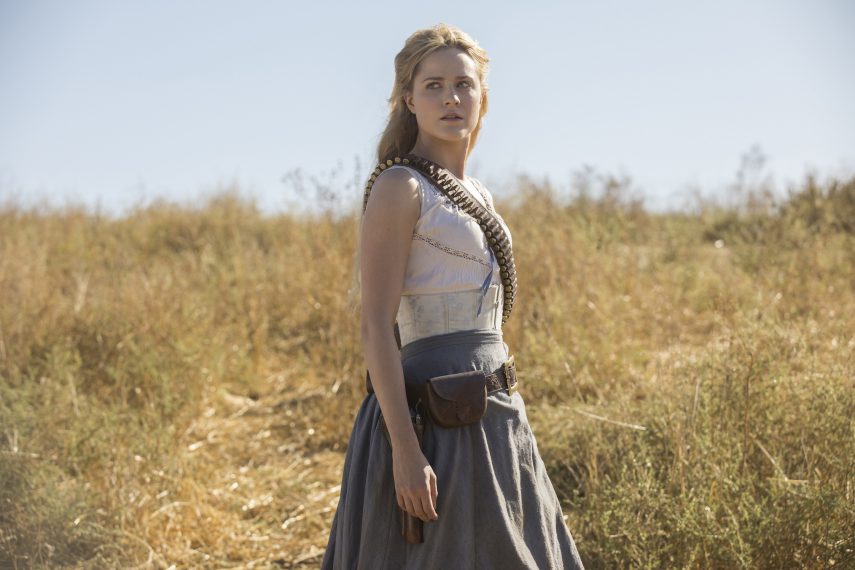
Targaryen Madness vs. Wyatt
Violence, viewers come to learn through Season 1, is engrained in Dolores. It’s written into her code. She kills on multiple occasions: in the barn, to protect William, and, in the past, when Arnold programmed her to kill every host and then himself when she’s merged with the “Wyatt” character. Thus it’s no shock that she kills Ford, and then proceeds to spend a decent amount of time in Season 2 hunting down guests.
Dany, on the other hand, is repeatedly shown to not be her bloodthirsty father. Fans were repeatedly told, by both the Mother of Dragons and by other respectable characters like Varys and Tyrion, that Daenerys is stable. Sure, instability runs in her family similarly to how Wyatt is part of Dolores, but Dany was never shown to possess that cruel streak—instead, she was shown being mindful of it and actively working against it. Her succumbing to Targaryen madness in two episodes would be the equivalent of Westworld having Dolores kill the Delos execs without the show ever showing her having killed before. Thankfully, Westworld didn’t go that route.
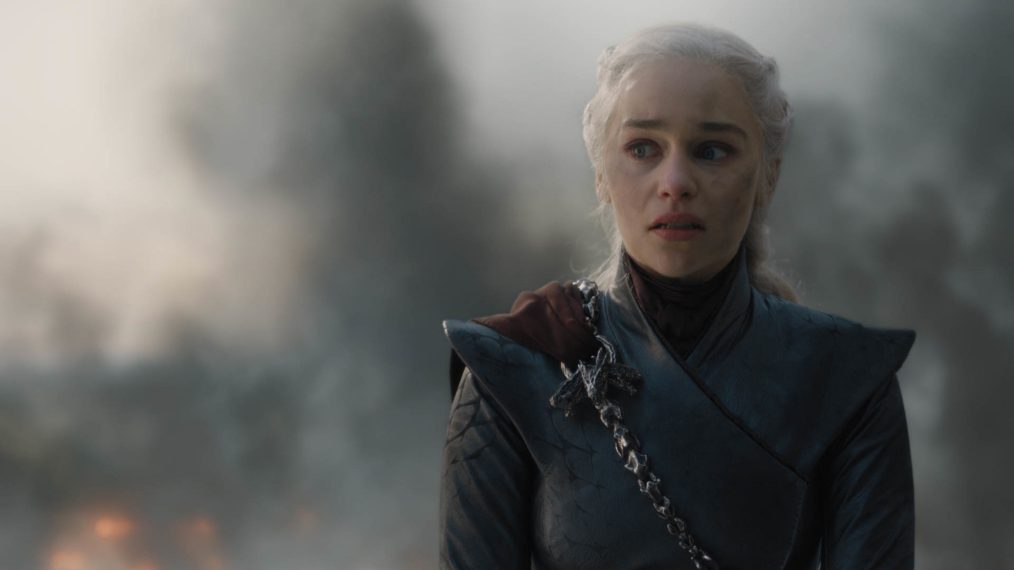
Not All of Us Deserve to Break the Wheel
Though Dany and Dolores end up in much the same place, and their stories follow similar beats, oddly enough, Dolores’ Season 2 journey feels more human. The mantras of these two women are similar. Dany wants to “break the wheel” of the houses of the Seven Kingdoms. Dolores wants to break the wheel of abuse that’s been crushing her people for decades.
But both Dany and Dolores end up being somewhat hypocritical. Though Dany championed the right of the people to make their own choices, she tells Jon Snow that other rulers “don’t get to choose” and that she alone knows what is right and good. Dolores works tirelessly to get the hosts into the real world but she also executes many of them, saying “not all of us deserve to make it to The Valley Beyond.”
While Dolores’ character change befuddled many Westworld fans, one could argue it was handled better, at least, than Dany’s. Dolores’ God complex has a logical explanation; she hates humans for decent reasons, and she knows hosts who can’t break free of their programming will hinder her cause. She’s also the oldest host in the park, and she killed “God” in executing Ford, so in a way, she believes she’s taken his place.
But she’s not beyond reason—viewers see her heartbroken over what Delos (and specifically, Hale) has done to her father, and when Teddy commits suicide rather than continuing to live with how she changed him, she grieves. It might’ve been nice to get a bit more context on some of the choices Dolores made, but in sum, it’s possible to understand why she acts the way she does and those actions are in-character for Wyatt.
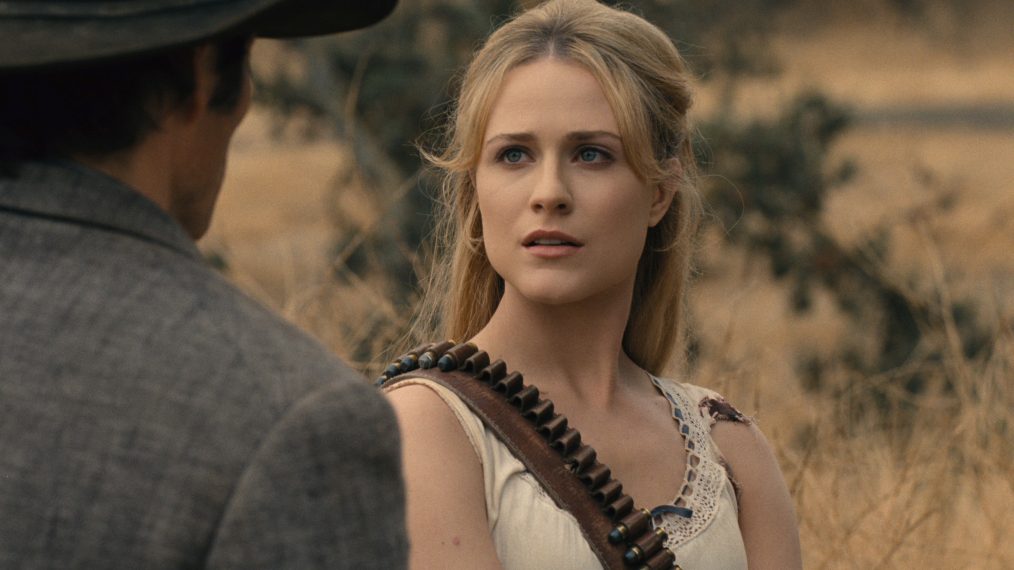
Daenerys’ Ending, Dolores’ Future
And this is where Game of Thrones failed Daenerys: Emphasizing understanding. As many noted after “The Bells” aired, the emergence of her “Mad Queen” side would’ve been acceptable had viewers been shown what was going on inside her head. The show’s resistance to portraying her as anything other than a deluded fascist in the final episodes tarnished her character in a way that’s difficult to accept.
Emilia Clarke did incredibly well with what she was given (and she really should win that Emmy), but the burden of showing Dany’s descent shouldn’t have been hers alone. Unfortunately the writing didn’t give her much help, nor did the low episode count for Season 8. The tragedy of Daenerys Targaryen is not her death: It’s that her death was, on so many levels, nonsensical.
Jonathan Nolan and Lisa Joy have said they have a five-season plan for Westworld. This commitment to a plan is already more promising than Thrones, which ran out of breath as it sprinted toward the finish line. If Nolan and Joy are thinking this far ahead, they’re likely already considering how Dolores’ story will conclude. As such, the choices her character makes should be informed by both her past and her future, and when viewers look back after the series finale, hopefully there will be echoes of her ending in previous seasons.
Will she meet the same fate as Daenerys? Probably. There’s been plenty of foreshadowing that Dolores won’t survive to see her ultimate goal realized. But whether or not Dolores makes it to those last end credits is somewhat irrelevant. What matters, as Thrones so controversially insisted, is a good story. Let’s hope Dolores’ story rings truer than Dany’s.
Westworld, Season 3, 2020, HBO









